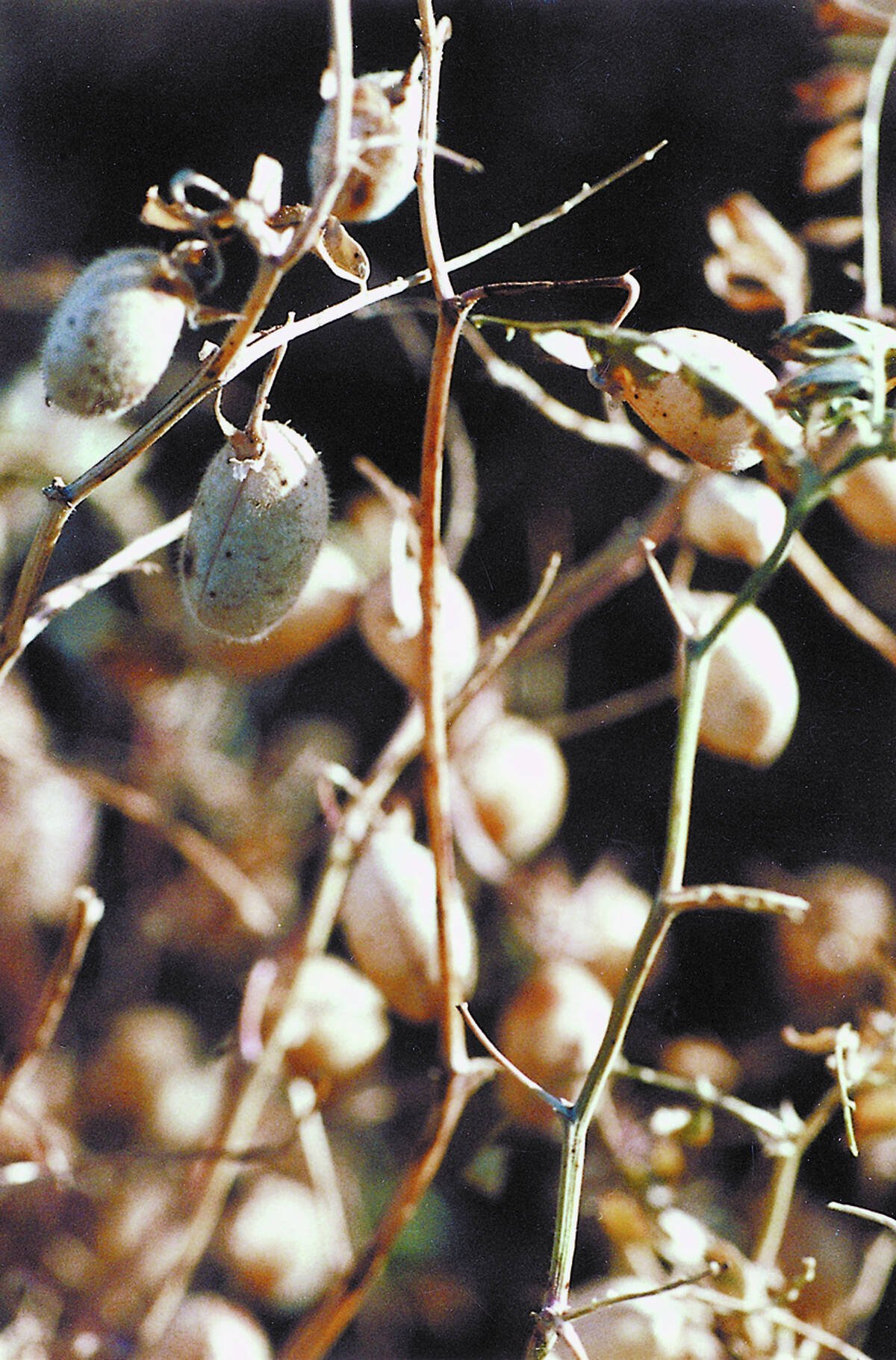Four years from now, farmers in Western Canada could be planting a herbicide-tolerant transgenic spring wheat.
The Roundup ready crop is being developed by Monsanto and Agriculture Canada and the company already is exploring possible market
acceptance.
“From our perspective, it’s all about choice,” said Craig Evans, Monsanto’s general manager of biotechnology for Canada. “I think biotechnology can bring a lot of benefit and value to Western Canada in keeping us competitive.”
The transgenic wheat has not yet entered field trials. It will need final registration before farmers can plant it.
Read Also

Low-quality chickpeas in abundance this year
There are plenty of low quality chickpeas to move this year but the pet food market is already oversupplied with product.
The prospect makes Jack Tye nervous. The manager of quality assurance for Agricore predicts transgenic wheat will be a tough sell if it goes for registration within five years.
Already, there is increasing scrutiny from customers about what chemicals are applied to cereal crops such as malting barley.
Tye said he expects the scrutiny to escalate in the next few years, translating into a need to segregate transgenic and non-transgenic crops. Unless Canada can meet that need, a commercialized transgenic wheat variety could jeopardize wheat markets.
“I think a producer should be concerned,” said Tye. “I think he should be listening to more than what the chemical companies are saying.”
Jim Bole, director of Agriculture Canada’s cereal research centre in Winnipeg, is more optimistic. He believes the GMO jitters will subside by the time transgenic wheat hits the Canadian market.
“The timeframe will be valuable in giving customers in other countries an opportunity to gain confidence in the technology,” he said.
Those customers already are making their views known about GM wheat and malting barley. Brewers globally have told the Canadian Wheat Board they will not accept transgenic malting barley.
Brewers do not want to get ahead of customer acceptance, said Earl Geddes, a senior wheat board official. Pasta makers who buy Canadian durum are in the same position, as are bakers who use prairie spring wheat.
“A lot of people saying no to GMOs are saying there is value in the technology,” Geddes said.
Still, the board and the grain industry are nervous about any attempt to introduce transgenic wheat to the market before customers are ready to accept it.
The wheat board hopes within four years to have technology that would allow segregation of transgenic cereal crops if it becomes necessary.
Identification methods
It is developing rapid instrument objective testing (RIOT) that would enable country elevators to identify the DNA in grains, as well as measure strength of protein and kernel hardness.
“If it’s longer (than four years), we’ll be very reluctant to see registered transgenic varieties (for commercial production),” said Geddes.
As well, if there is no market demand for transgenic wheat when it goes for registration, or no effective way to segregate the crop, the wheat board will oppose its registration, he said.
Tye said grain handling companies could develop a system to segregate GMO crops, but customers may be asked to pay for the extra cost.
“Yes, you can do it,” he said, “but are people willing to pay to do it? That’s the big issue here. Is the consumer going to pay to do it?”
Consumer acceptance of
transgenic wheat will be essential before registration is approved.














